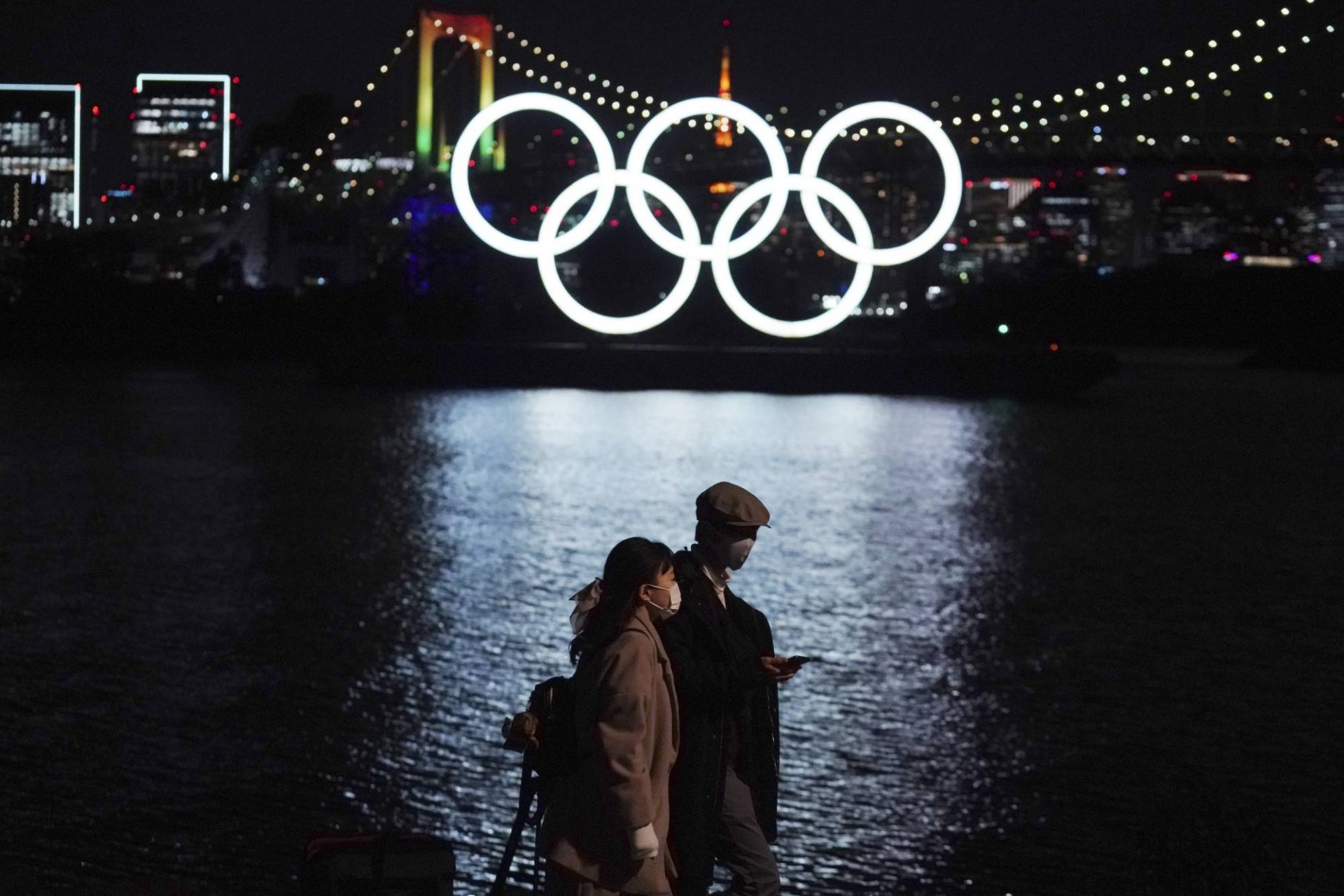Just two weeks before the Games’ opening ceremony, Japanese officials have announced a total ban of fans and spectators at all Tokyo 2020 events.
As Covid-19 cases continue to rise in the country, the Japanese government has moved to place Tokyo under a “virus state of emergency” from July 12 to August 22, 2021, covering the entire duration of the Olympic Games. This makes Tokyo 2020 the first-ever Olympics to be held without cheering crowds – and behind closed doors.
This new spectator ban affects both local Japanese citizens and residents, after a strict no-international guest policy was put into place three months ago. The latest ban has got Tokyo organisers scrambling to figure out a contingency plan for saving whatever revenue that was made from previous ticket sales.
“I am sorry for those who purchased tickets,” said Tokyo 2020 chief Seiko Hashimoto, a former Olympian herself, who competed in both the Winter and Summer Games.

Hashimoto also expressed that imposing such a ban was a “very difficult decision” to make, but a necessary one in order for the Games to proceed with as little risk as possible.
Authorities have also advised the the general public to avoid gathering on routes selected for events such as the triathlon for their own safety.
“I am very sorry for those people who will be disappointed, but in order to prevent the spread of the virus, this was the only choice available for us to take,” Hashimoto said.
Tokyo Governor Yuriko Koike backed up the sentiment, saying she feels “heartbreaking grief” about the decision.
“But please watch the Games at home with your family in a safe and secure manner,” she reminded everyone while speaking to reporters.
It has yet to be announced whether the Paralympic Games which starts on August 24, 2021 will also impose a spectator ban.
AS ALWAYS, THE SHOW MUST GO ON
Despite not being able to permit spectators, Japanese Prime Minister Yoshide Suga told reporters, “We will host the Games under the state of emergency. I think we can realise a safe and secure Games by taking these measures.”

On the ground, many Japanese citizens have expressed a clear disapproval of the Games’ being allowed to take place at all considering how Covid cases have not declined. Calling it an irresponsible move, protests have been assembled, calling for another postponement of the Games. Some want it cancelled entirely. (However, this is actually not a decision Japan could easily make, even if it wanted to, as the legal and financial repercussions would be immense – only the International Olympic Committee could effectively cancel the Olympics.)
It should be safe to say that their fears are clearly not unfounded, given the fact that there’s still a large majority of Japanese people who have not received vaccinations yet. As to what we’ve witnessed in Phuket, Thailand recently, opening borders where pandemic handling has proven volatile is a definite recipe for potential disaster.
In Japan’s population of 125 million people, only 33.5 million people have received their first vaccine dose as of July 6. Fully vaccinated citizens and residents amount to only 19.1 million people so far.
"ExpatGo welcomes and encourages comments, input, and divergent opinions. However, we kindly request that you use suitable language in your comments, and refrain from any sort of personal attack, hate speech, or disparaging rhetoric. Comments not in line with this are subject to removal from the site. "





















